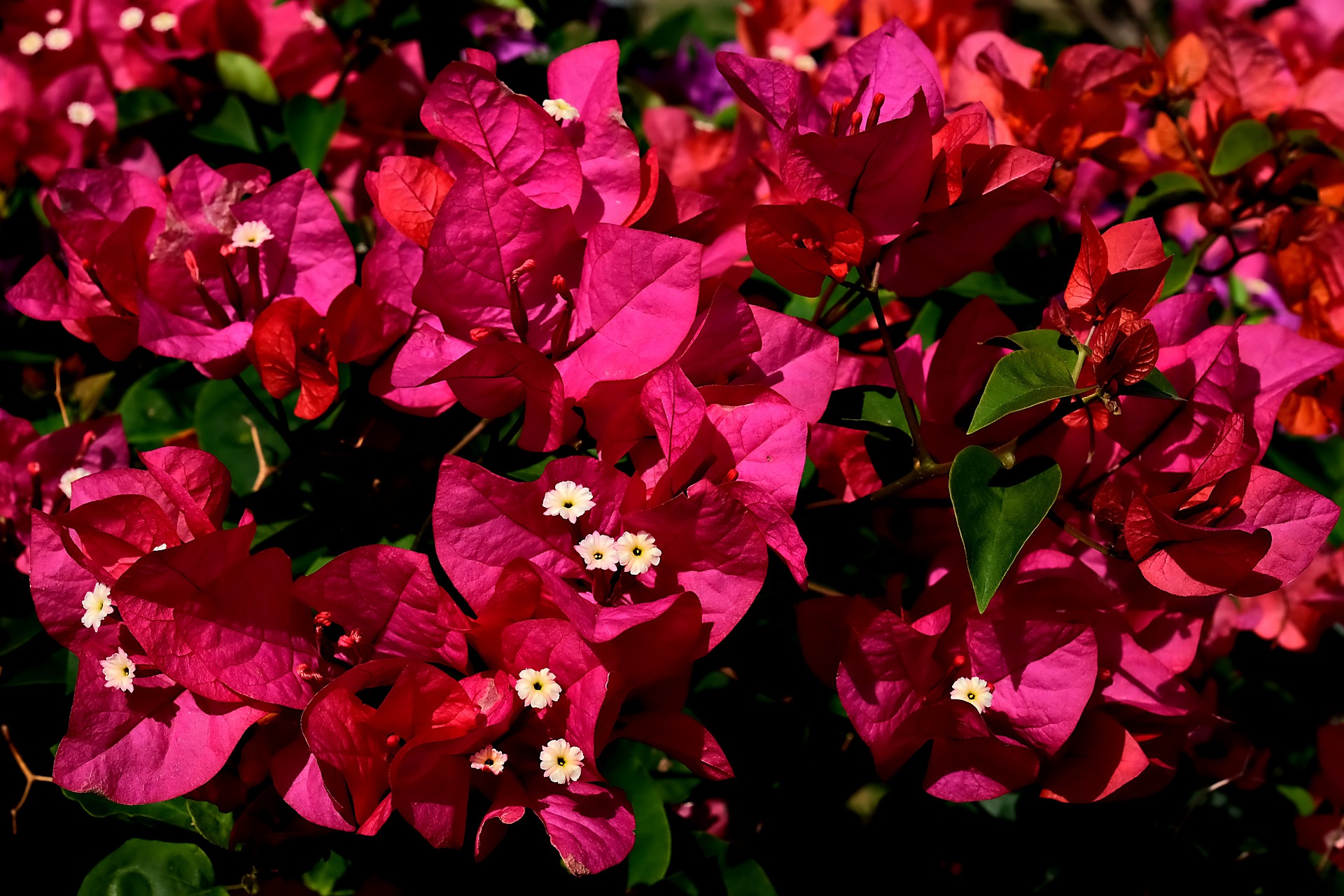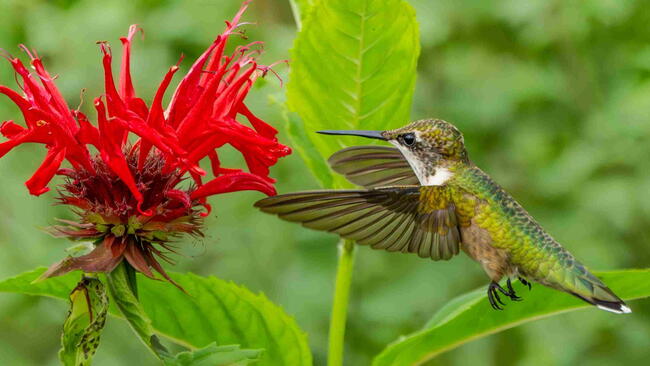Looking to add a splash of bold, tropical color to your garden? Bougainvilleas are the show-stopping vines you’ve been searching for. With their vibrant bracts in shades of magenta, orange, red, and pink, these sun-loving climbers bring instant drama to fences, trellises, and patios. Despite their exotic flair, bougainvilleas are surprisingly low-maintenance: drought-tolerant, fast-growing, and practically built for hot, dry spots where other plants fade. Whether you’re growing them in the ground or in containers, this guide will walk you through everything you need to know about planting, growing, and caring for bougainvilleas so they thrive year-round.
About Bougainvilleas
These tropical woody vines are evergreen and native to Central and South America. Bougainvilleas are perennial in USDA Hardiness Zones 9 to 11. In colder regions, however, they can be grown as annuals in hanging baskets or planters. The plants simply need enough space to spread out as they produce vines up to 40 feet long. For containers, there are dwarf varieties 3 to 6 feet long.
Pronounced “boo-gun-VILL-ee-uh,” Bougainvillea glabra and Bougainvillea spectabilis are the two most common species grown ornamentally in the U.S. A tropical woody vine, this woody climber usually spreads its vines off the ground on a wall or trellis, but also it can be pruned or grown as a shrub and planted in rows as a hedge. The west side of a garage or house, a full-sun patio or deck, or next to the hot driveway are all perfect spots for this climbing vine.
Fast-growing and lush, they have been a common landscaping plant throughout the warmer areas at resorts and cottages, creating that tropical vibe of vegetation and color. Heat and sun lovers, bougainvilleas are perfect for adding color to areas that are so hot and dry that other plants struggle.
Interestingly, their colorful displays are not flowers but modified leaves called bracts, much like a poinsettia. Three to six bracts surround the true flowers, which are small, tubular, usually white, and found in groups of three. They’re often pink but also come in shades of red, magenta, orange, yellow, and even white.
Bougainvilleas may flower almost year-round when planted outside in their native warm climates. Those moved indoors for the winter may eventually stop flowering due to lack of light but will resume again after moving outdoors in the spring. Check these tips if your bougainvillea won’t bloom.













Comments